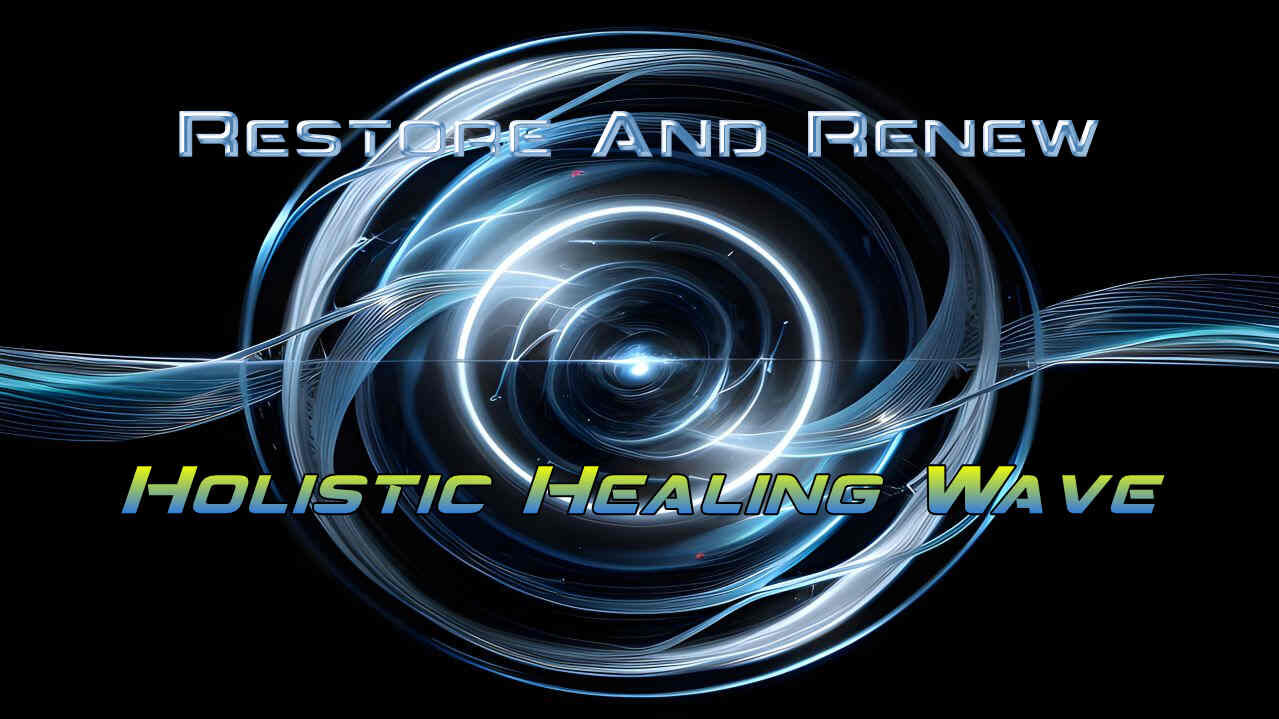Natural remedies often carry the halo of being safe and effective just because they’re natural. It’s a bit like thinking anything labeled organic in a store must be healthier without checking the details.
The charm of natural remedies isn’t just their plant-based origins. A whole mix of cultural and historical influences glam them up. Think about how herbal teas or home remedies have been passed down generations and become part of family traditions. It’s like how chicken soup is not just food but a home remedy offering care and comfort.
The placebo effect adds another twist to the tale. Sometimes, just believing that a remedy works can make people feel better, even if the science doesn’t back it up completely. This psychological boost can be powerful, but it’s crucial to know it’s about perception.
Navigating these waters means looking at each remedy not just through the lens of tradition but with a dash of skepticism and a side of science. So, when you eye that bottle of herbal oil in the store, ponder: does it have the backing of clinical trials, or just a great-grandmother’s nod of approval?
Safety Concerns with Natural Remedies
When it comes to natural remedies, the notion of ‘safe because it’s natural’ can be misleading. While remedies like chamomile tea often give peace of mind, there can be genuine safety concerns with other herbal concoctions.
Take the example of kava, known for its calming effects. It was touted as a safer alternative to pharmaceuticals. For example, there have been reports of liver problems in connection to the use of kava. And there has been some controversy in regard to the truth about such reports. But this situation only reveals that just because something grows sweetly in a field doesn’t mean it’s always okay to consume on a whim.
A huge part of understanding safety lies in knowing about the side effects. St. John’s Wort, often used for mood improvement, can interfere with various medications, leading to unintended consequences.
Research and case studies for some herbs have shown adverse effects more than some would like to admit. An important tip when opting for any remedy is to consult with a healthcare professional. This isn’t just about getting thumbs up; it’s about understanding how these natural products interact with other treatments or underlying health issues.
A thoughtful chat with a healthcare provider can also highlight any red flags before they become problems. Remember, just being aware and informed can make a massive difference.
Effectiveness of Natural Remedies
It is always good to be cautious, but most herbal remedies are in fact safer than a lot of medication. A lot of medication today, unfortunately, has unfortunate side effects that most herbs do not have. For example, Vioxx was a drug that was pulled from the market by the FDA after it was revealed that the drug increased the risk for heart attacks and strokes.
Interestingly, some natural remedies can work wonders alongside regular medicine. Integrative approaches, like using peppermint oil for tension headaches while still taking prescribed medication, can be a win-win.
Choosing the right remedy isn’t about a magical cure-all. It’s about critically evaluating the remedy’s purpose and existing scientific backing. Investigate, question, and cross-check any claims you come across. Your best ally is always accurate, evidence-backed information.
Belief in Natural Remedies: A Psychological Perspective
The belief in natural remedies isn’t just about the plants themselves—it often ties into something called ‘naturalism,’ where anything arising from nature is automatically seen as better. There’s a comforting simplicity to this view, even though life tends to be more complex.
People often lean towards these remedies for various reasons. Some might have had personal successes or know someone who swears by them. Others are driven by the desire to avoid chemicals or pharmaceuticals due to side effects or cost, making natural options seem more appealing.
Personal beliefs and past experiences heavily influence an individual’s choice. If a lavender pillow spray helped one sleep better as a kid, trusting in similar remedies later in life is natural. It’s personal history shaping choices, not just scientific fact.
However, it’s essential to balance these beliefs with evidence and effective healthcare practices. Relying solely on belief without checking facts can lead to unrealistic expectations and potential health risks. It’s about finding a middle ground—embracing what works for you while understanding the limits and graces of natural remedies.

